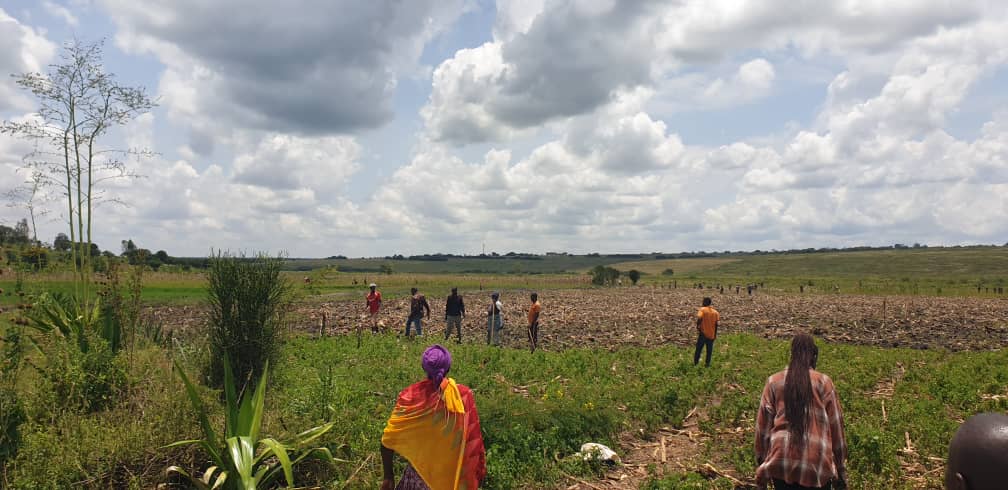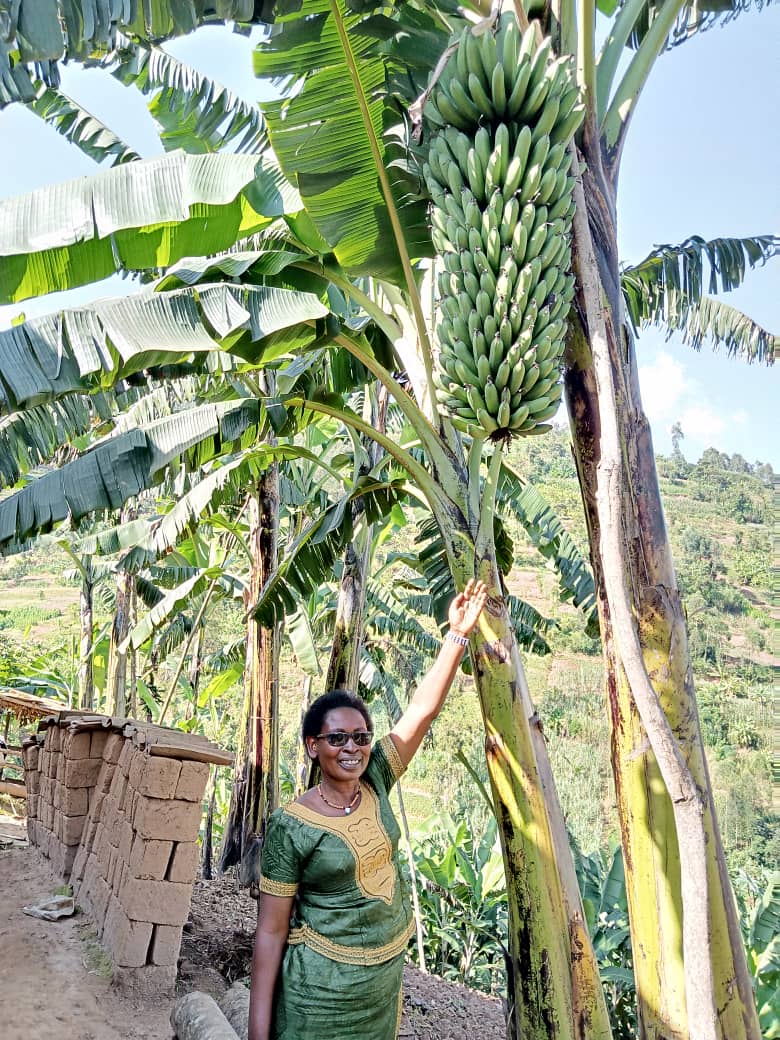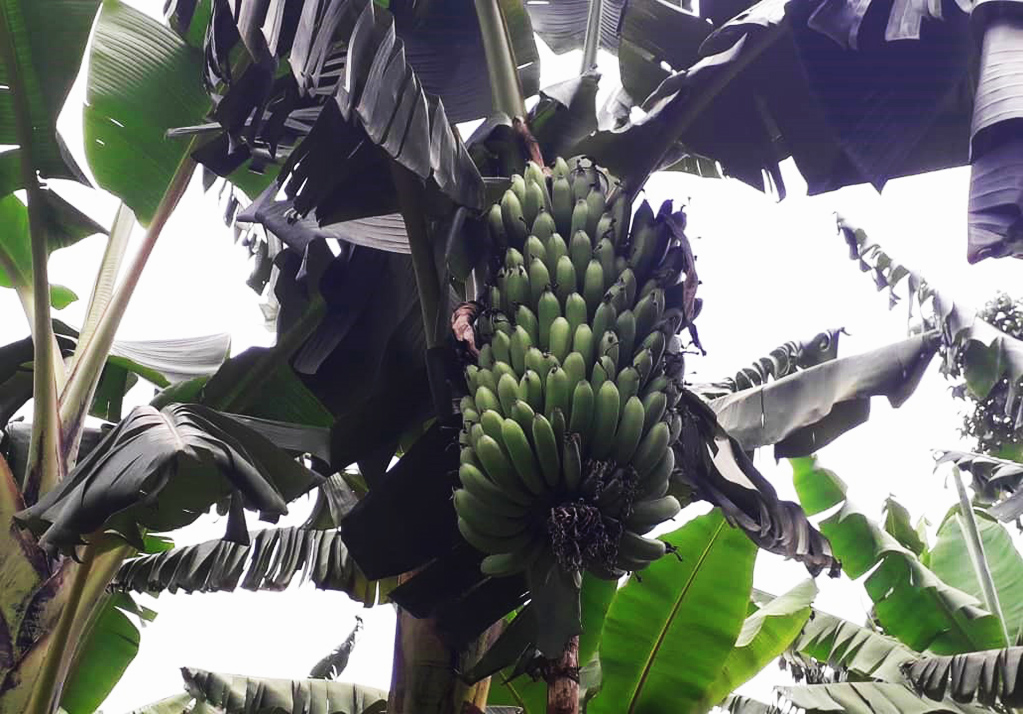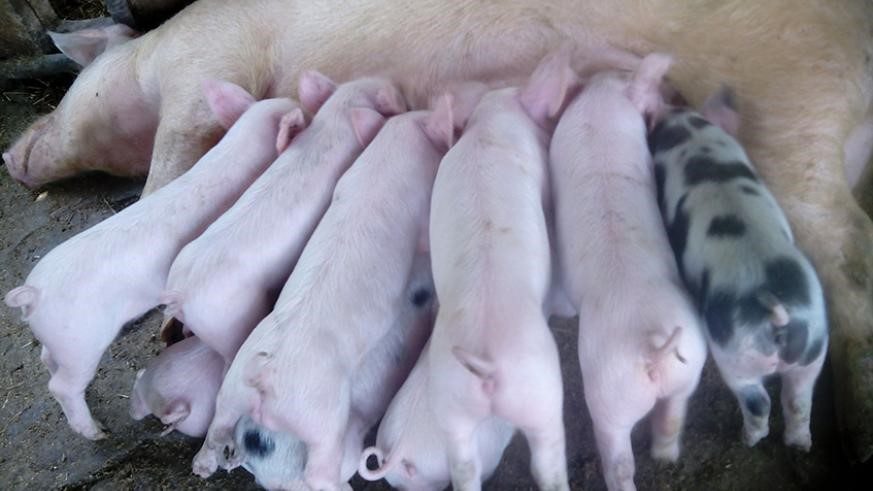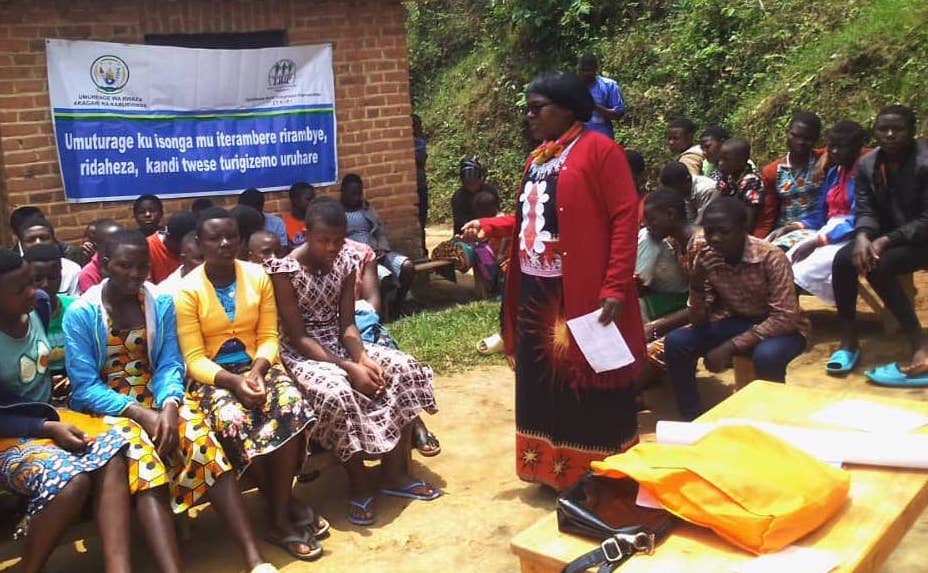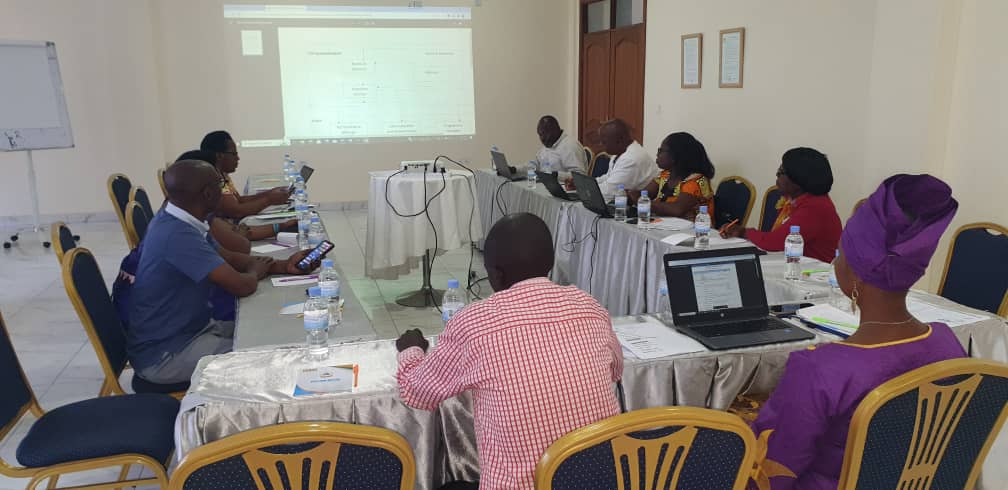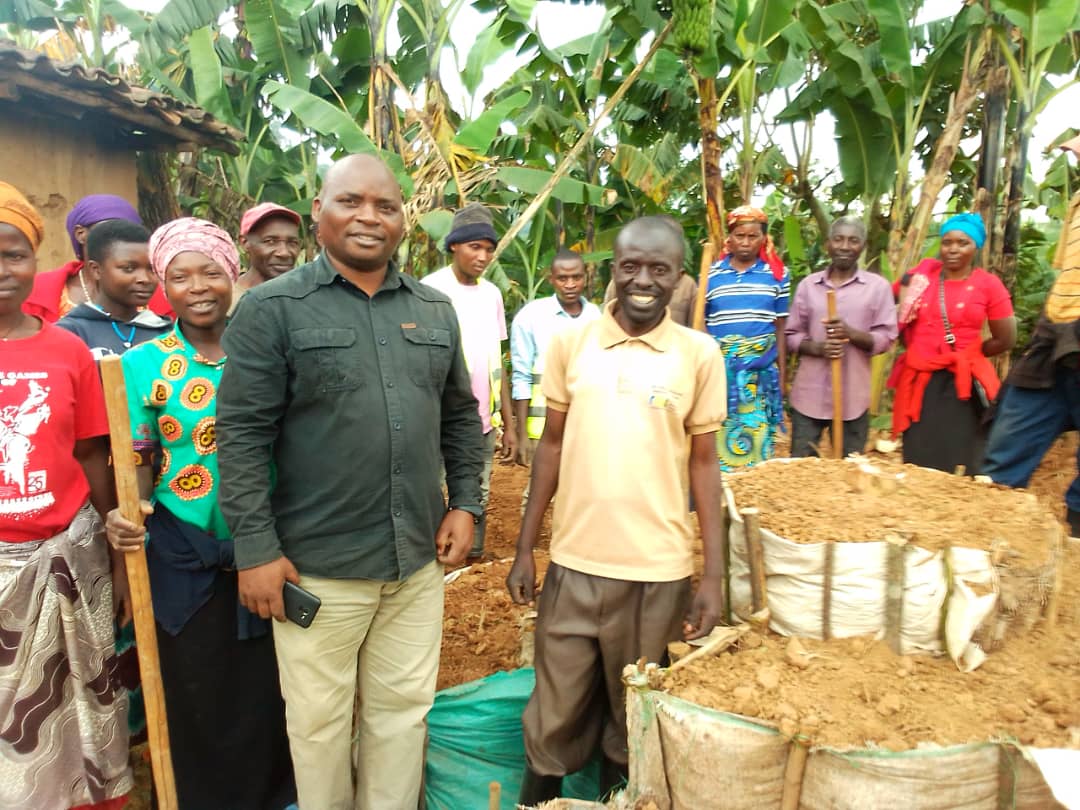TRIP
Terimbere Rural Integrated Partnership
Together we can contribute to sustainable rural development
According to the results from the fifth Population and Housing Census (PHC) conducted in 2022 Rwanda’s population was 13,246,394 and 72.1% of them are still living in rural areas; many of them living in poor conditions. The Government of Rwanda in partnership with different development partners are implementing different initiatives to promote rural development
TRIP NGO ,is committed to fight against poverty and ensure decent life. It ensures Human Security in rural areas and promotes inclusive community development mostly based on families and Community self-resilience and cooperative development , Education and family well being, climate change action and environment protection and Market-oriented farming.
